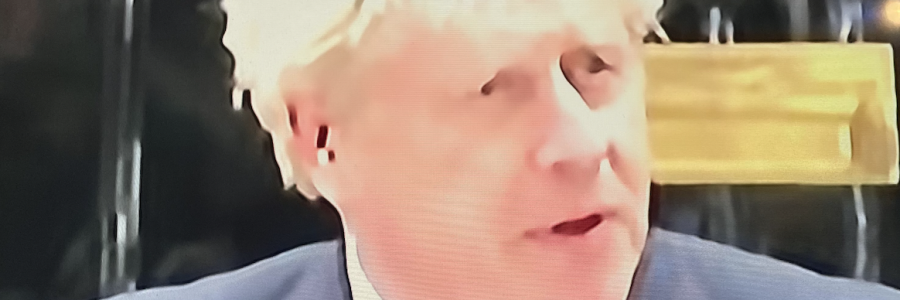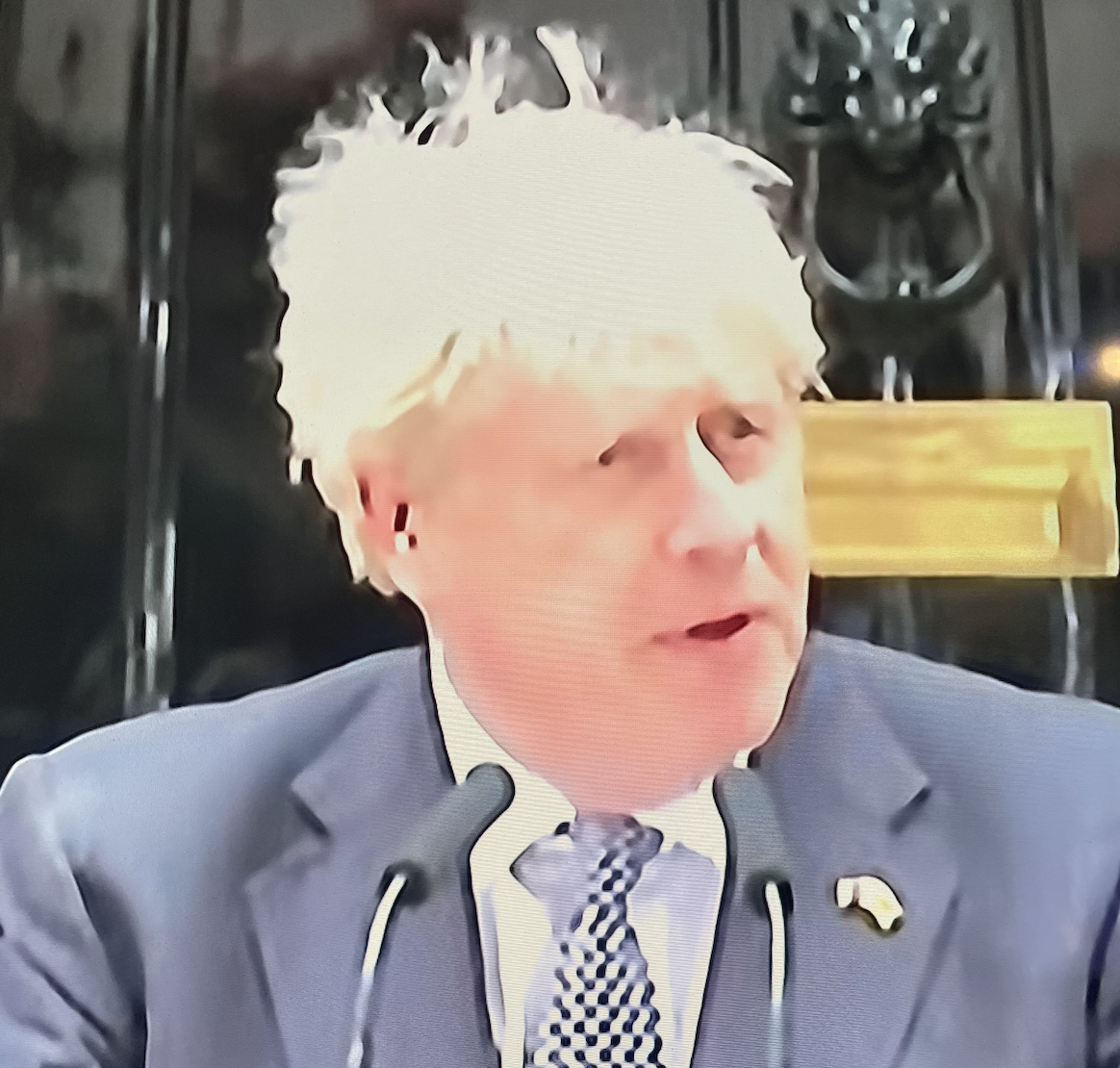
Boris Johnson resigns as leader of the Tory Party

Boris Johnson, who defied the normal rules of politics for so long, and became prime minister in July 2019 without an election, and later secured a historic landslide victory of winning an 80-seat majority including in parts of the country that had never voted Conservative before, has resigned as Conservative party leader.
The Prime Minister says a “herd instinct” at Westminster rejected his bid to stay on as party leader, but he will continue as PM until a successor is chosen.
The global pandemic would have tested any leader and Johnson’s government made its share of mistakes, with the UK at one point having the highest death rate in the developing world. Alexander Boris de Pfeffel Johnson who had a tendency to believe rules were for other people, wants to stay in No 10 until his successor is chosen. In 2020, the UK formally leaves the EU on the deal agreed by Johnson. In April 2022, Johnson was fined over June 2020 lockdown party. In December 2020, began the biggest vaccine programme in the UK’s history. In July 2021, most of England’s Covid legal restrictions ended. In April 2022, he meets Ukraine’s President Zelensky in Kyiv. In Jul 2022, ministers quit over handling of sexual misconduct claims involving Tory whip Chris Pincher. On Wednesday 29 June, MP Chris Pincher at the time the Conservative deputy chief whip went to a private member’s club in London and in his words he “drank far too much” and “embarrassed himself”. He was accused of groping two men, which led to a flurry of allegations, some dating back years and set off a chain of events that ended with the prime minister’s downfall. First Downing Street said Mr Johnson was not aware of “specific allegations” about Pincher before appointing him as deputy chief whip in February. A former civil servant Lord McDonald said the prime minister had been told of the complaint in person. Mr Johnson then admitted he had been told in 2019 and apologised for appointing Mr Pincher as deputy chief whip.
In April this year, the prime minister was fined for breaking lockdown rules, after attending a gathering on his birthday in June 2020. He also apologised for going to a “Bring your own booze” party in the Downing Street garden during the first lockdown. The Metropolitan Police issued 126 fines to 83 people for breaking lockdown rules in Downing Street and Whitehall. Sue Gray a senior civil servant described a series of social events by political staff that broke lockdown rules. Last December Mr Johnson told the Commons that ” all guidance was followed completely in No 1o”. He is now being investigated b y a Commons committee over whether he knowingly misled Parliament.
Simon Veksner, a school friend told author Simon Kuper in his book Chums said “Boris’s charisma even then was off the charts, so funny, warm, charming, self-deprecating”,
Boris won a scholarship to Eton, arguably England’s most prestigious private school where he discovered a love of classics and began developing the persona that would become so familiar in his later life. Oxford University followed, where he achieved his ambition of becoming president of the union- a debating society dating back to 1823, and the time-honoured training ground for Conservative politicians. He also joined the notorious Bullingdon Club, known for the rowdy, drunken behaviour of its members, which included future prime minister David Cameron. He left Oxford as a trainee reporter at the Times Newspaper, but lost his job falsifying a quote- an incident he would later describe as his “biggest cock-up”. It proved to be a minor setback, however, and in 1988 he was given work as Brussels Correspondent by then-editor of the Daily Telegraph, Max Hastings, where he ridiculed regulations passed by the European Commission. A recording surfaced of a telephone call between Johnson and his old Oxford friend, Darius Guppy, who had been demanding the private address of a News of the World journalist, The tape suggested Johnson had agreed to supply the details, even though Guppy, who was later jailed for fraud, had indicated he had wanted to have the reporter, who had been investigating his affairs, beaten up. In 1999, he became the editor of the influential right-wing magazine the Spectator, and two years later finally achieved his ambition to enter Parliament.
In 2004, then-leader Michael Howard ordered him to Liverpool to apologise to the entire city over a Spectator article that had attributed some of the blame for the Hillsborough disaster on the behaviour of the city’s football fans. He survived “Operation Scouse Grovel”, as he dubbed it, only to be sacked by Howard a month later for lying about claims he had an affair with journalist Petronella Wyatt. Within a year he was on the frontbench, under new Tory leader David Cameron, but had to wait until 2007, to get a chance to move up the ladder, when a trepidatious Cameron selected him as the Conservative candidate for London mayor, which he surprised everybody by winning over Labour’s Ken Livingstone, who had looked unbeatable, and winning again four years later.
As Mayor, Mr Johnson scrapped the hugely unpopular bendy buses implanted a bike hire scheme and oversaw arrangements for the 2012 London Olympics – leading to one of the more infamous images of his political career, he was dangling from a zip were waving a pair of union flags. In 2016, he returned to Parliament as MP for Uxbridge and South Ruislip, with his sights set on the top job. David Cameron’s decision to hold an EU referendum was a defining moment for the country, but also for old friends and rivals. Johnson’s decision to join forces with the pro-Brexit campaign came as a big blow to Cameron’s hopes of keeping the UK in the EU. Johnson deployed all of his formidable campaigning skills, although he came in for heavy criticism for the claim, printed on the side of a battle bus – that the UK sent the EU £ 350m a week, which did not take into account the UK’s rebate. Theresa May, the eventual winner, appointed Johnson as foreign secretary.
